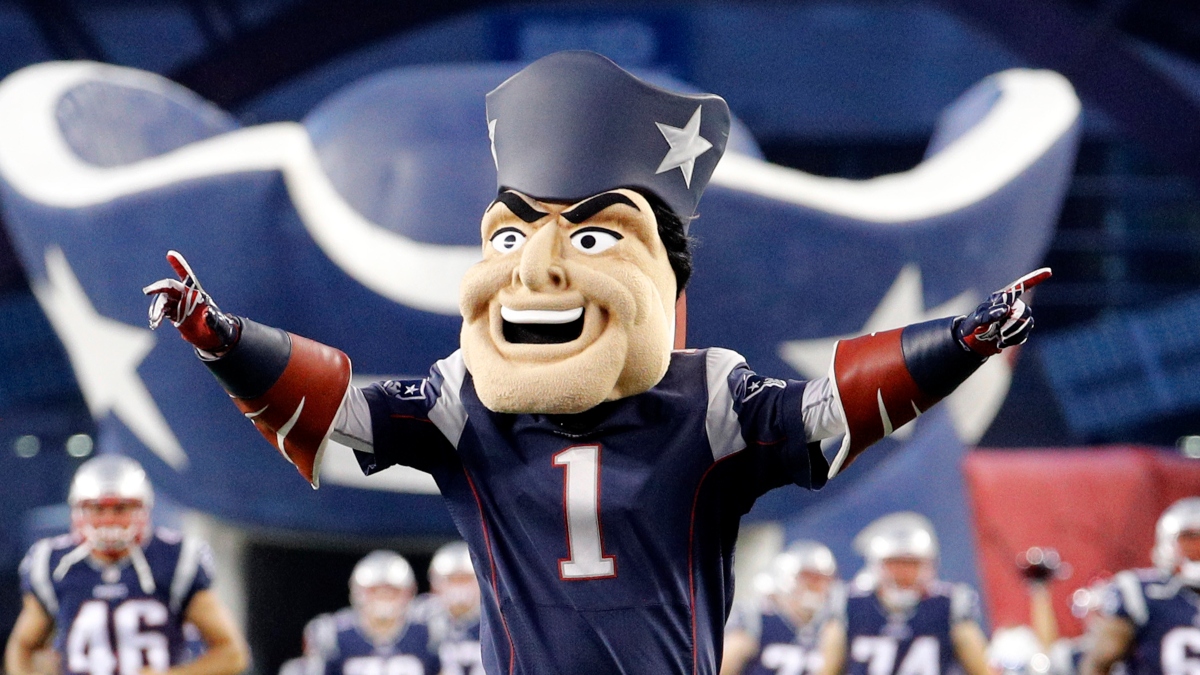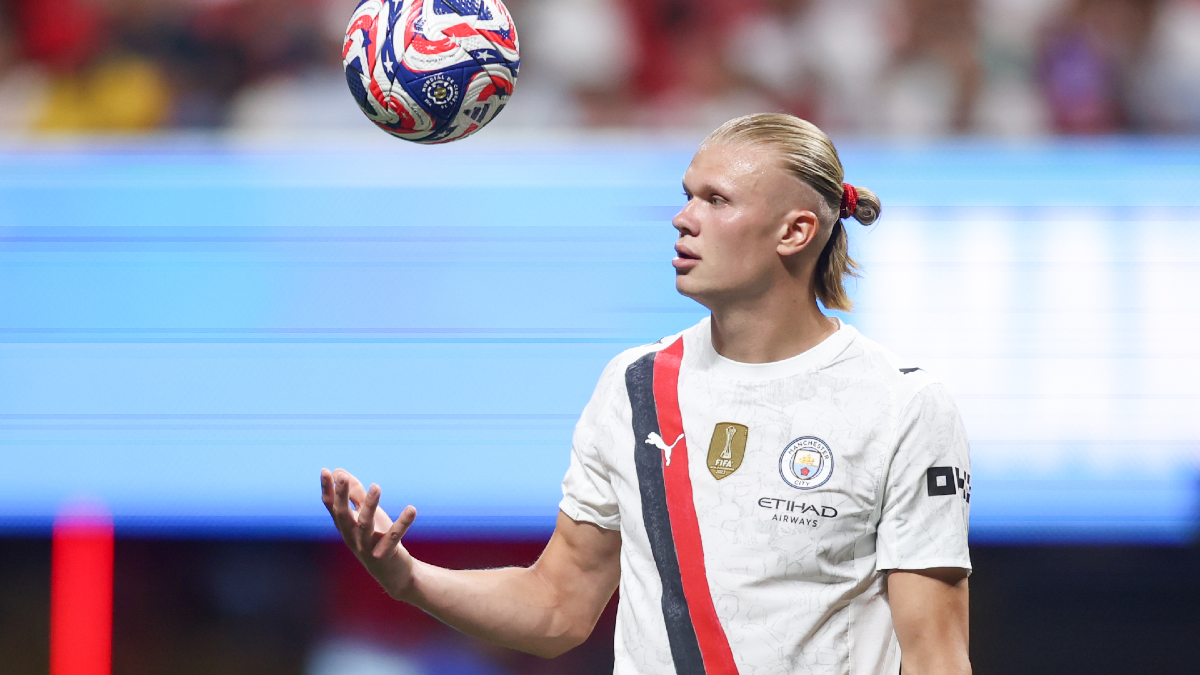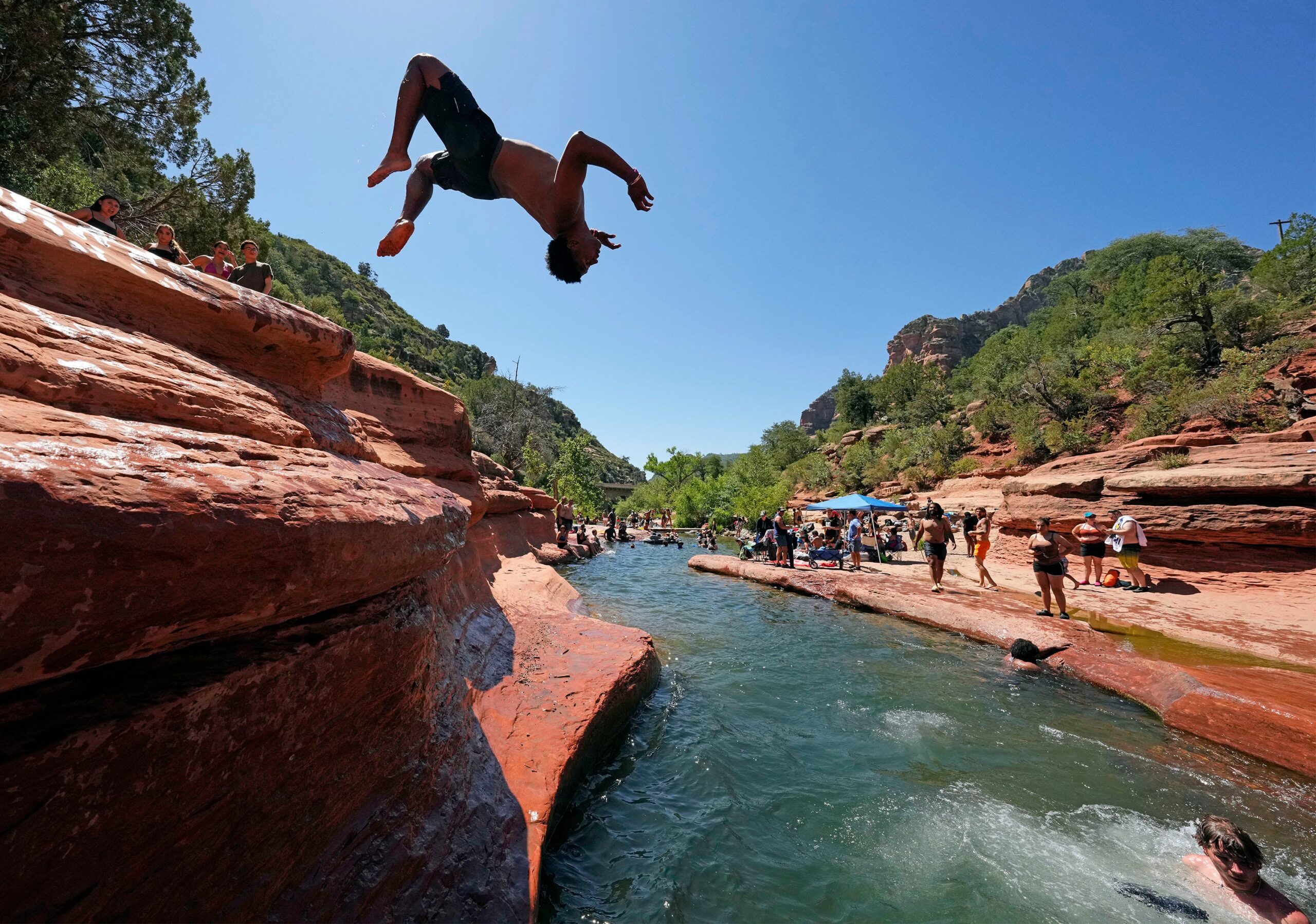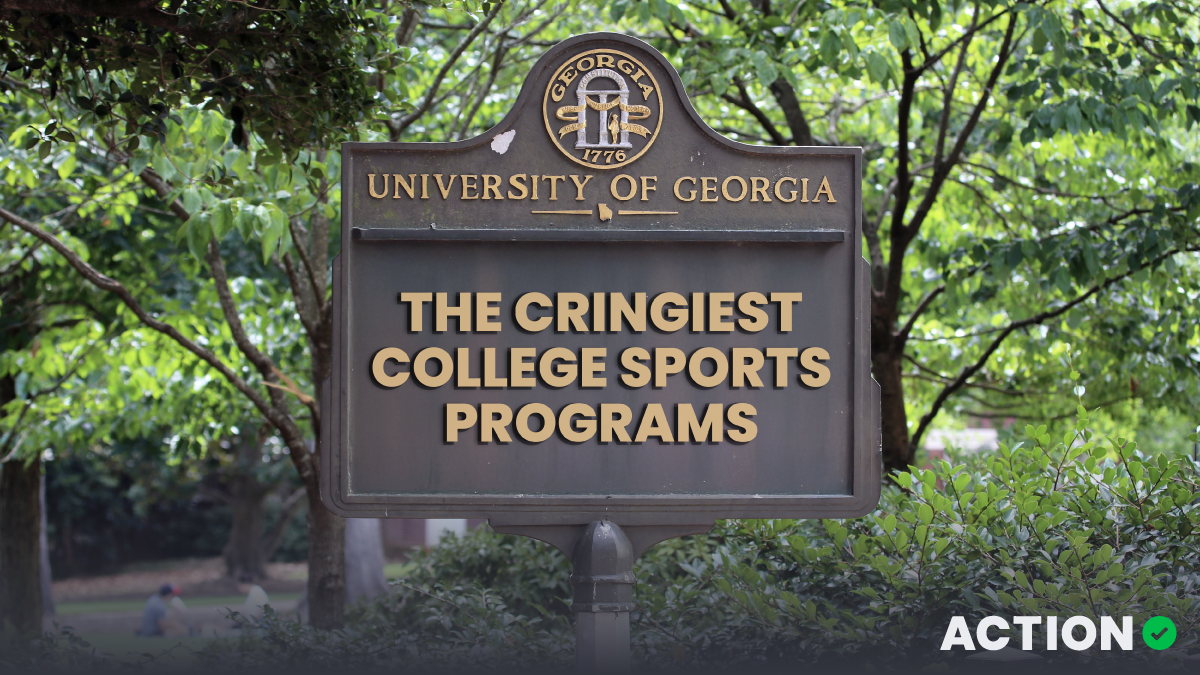Massachusetts lawmakers advanced a statewide mobile sports betting bill Thursday, another key step for the long-stalled legislation in one of the nation’s most-watched potential legal wagering markets.
The Massachusetts House of Representatives passed the bill 156-3 on the full floor days after two separate House committees advanced the legislation. Lawmakers deliberated and ultimately passed several amendments to the proposal, including legislation to protect and encourage minority business participation in a potential new legal sports betting market.
A similar measure is awaiting action in the Senate. Lawmakers must bridge differences between the passed House bill and the Senate companion, which has not yet been scheduled for a vote.
The Senate had previously been less receptive to legal wagering but multiple House members Thursday said they were optomstic about this year's chances.
Though significant legislative legwork remains, Thursday’s vote caps one of the most consequential weeks for Massachusetts legal sports betting hopes.
The bill will give MGM Springfield, Encore Boston Harbor and Plainridge Park Casino access to up to three online sportsbooks, or “skins,” apiece as well as retail sportsbooks at their respective properties. The state's two horse racing simulcast facilities can also open one retail and online sportsbook apiece.
An uncapped number of “untethered” operators unaffiliated with brick-and-mortar gaming facilities can also apply for licensure. If the bill is passed as written, Massachusetts would be among the first states to permit both tethered and untethered sports betting licenses.
Massachusetts would also be one of the first states to allow in-stadium sportsbooks under the current bill.
Elected officials including Republican Gov. Charlie Baker and high-ranking lawmakers in the Democratic-controlled legislature have introduced several dozen legal wagering bills in the three years since the Supreme Court struck down the federal betting ban. Despite bipartisan support for legal wagering in concept, policymakers haven’t reached consensus on a host of key issues including license allocation and college event wagering eligibility.
The latest House bill combines 12 separate 2021 bills into one proposal that creates potentially unlimited market access and permits in-state college wagering.
College Betting
College betting is opposed by leading Massachusetts universities including Harvard, Boston College and Boston University, which fear legal sports betting would hurt student-athletes. Wagering on NCAA sporting events is also controversial in a state where many lawmakers still remember the Boston College point-shaving scandal of the 1970's.
Speaking in support of the bill Thursday, Rep. Jeff Parisella said college betting would help integrity and could be used to prevent future scandals.
“We believe it's appropriate to allow college betting for a number of reasons," Parisella said on the House floor. "It brings it out of the shadows. We want to make sure the shaving scandal that happened years ago doesn't happen again."
He also said a college betting ban would be counterproductive in a state where NCAA wagering is legal in neighboring New Hampshire, Rhode Island, Connecticut and New York. Rep. Andres Vargas said during debate Thursday that college betting could make up as much as 25 percent of Massachusetts betting handle.
License Allocation
License allocation has arguably been a bigger roadblock as many top sportsbook brands jockey from market prominance.
MGM and Wynn have invested hundreds of millions of dollars in Massachusetts for MGM Springfield and Encore Boston Harbor, respectively since they were awarded the commonwealth's first-ever full-scale commercial casino licenses under gaming legislation passed a decade ago. Penn National has also invested heavily in Plainridge Park Casino, a slot and harness racing facility, which was allowed to expand its gaming options under the same 2011 law.
Along with MGM, Wynn and Penn National, which purchased former Massachusetts-based Barstool Sports to promote its iGaming properties, Boston-bassed DraftKings is also interested in the Massachusetts market. The daily fantasy sports-turned sports betting giant successfully bid for a de facto sports betting monopoly in neighboring New Hampshire and will be one of three legal sportsbooks to launch in Connecticut.
These marquee gaming brands with deep financial and historical ties to Massachusetts add even greater significance to what could be one of the nation’s most lucrative per capita sports betting markets.
Massachusetts has among the nation’s wealthiest and most-educated populations, demographics that correlate positively with sports betting participation.
It also features widely-recognized, championship franchises in each of the “Big Four” American sports leagues.



















































